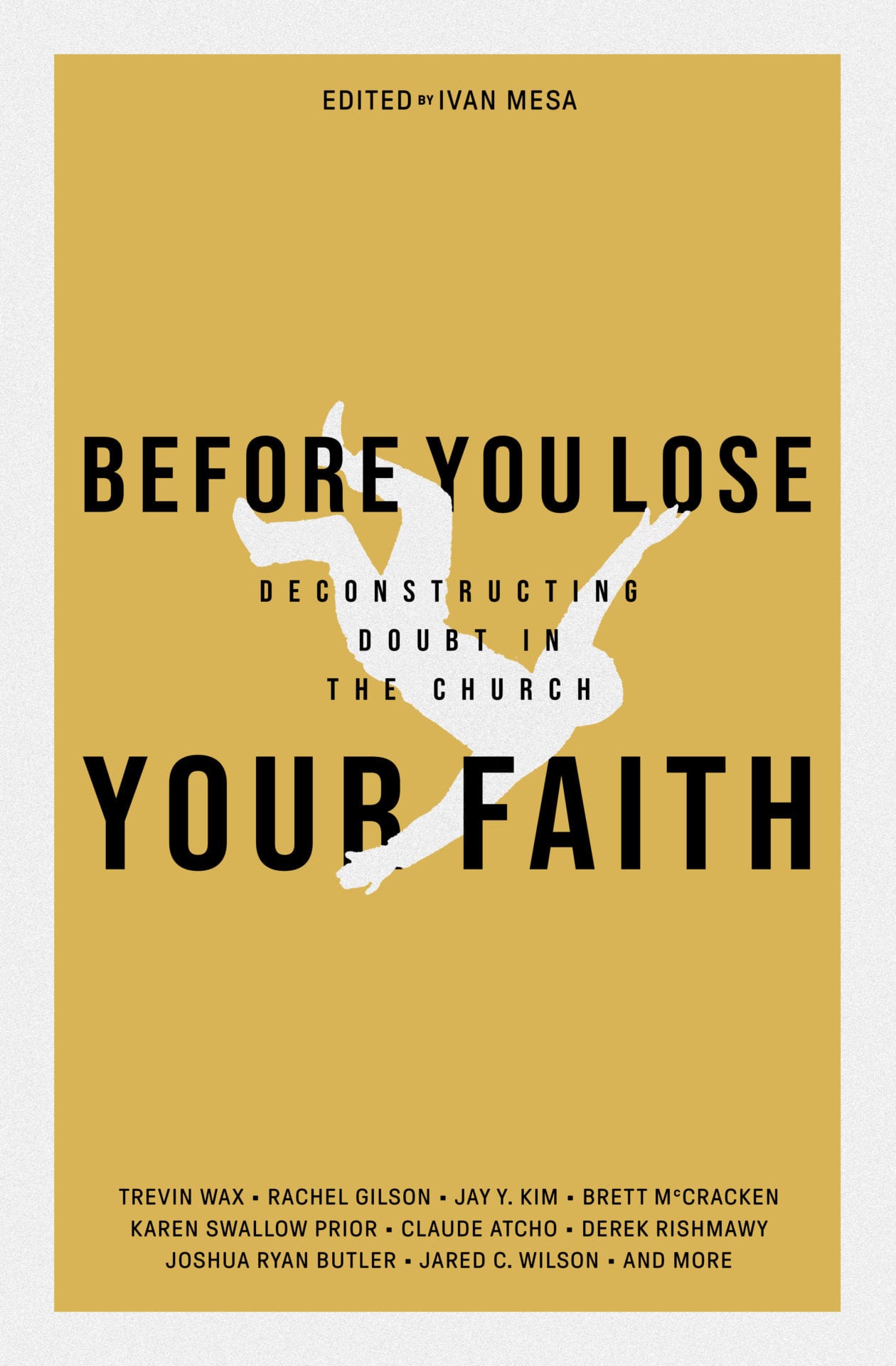Human trafficking, or the exploitation of vulnerabilities for commercial gain, can happen to anyone, anywhere, at any time. This type of injustice is nothing new.
As a matter of fact, human trafficking can be seen throughout ancient literature, even leaving its mark on the Hebrew Scriptures.
Human Trafficking in Genesis 
In the book of Genesis, 14 chapters are dedicated to the story of a human trafficking survivor named Joseph. Joseph was trafficked by those he trusted; his own brothers sold him for 20 shekels of silver (Gen. 37:28). Once in Egypt, he would again be sold to Potiphar, the captain of Pharaoh’s guard, to labor as a domestic servant.
Despite these circumstances, the Lord “was with Joseph and he became a successful man” (Gen. 39:2). God continued to guide and bless him. But his life was not without difficulty. Joseph’s God-given success attracted the affection of Potiphar’s wife. “Lie with me,” she continually demanded, but Joseph resisted (Gen. 39:9). When she could take his rejection no longer, she grabbed him, ripping his clothing as he ran away. She then accused Joseph of attempting to rape her (Gen. 39:7–20). So he was imprisoned for a crime he didn’t commit. Although his situation grew more difficult, “the LORD was with Joseph” (Gen. 39:21).
While in chains, Joseph interpreted the dreams of two fellow prisoners, the Pharaoh’s cupbearer and baker. The cupbearer would be restored, while the baker would be executed. “Remember me when it is well with you,” Joseph told cupbearer, “and please do me the kindness to mention me to Pharaoh, and so get me out of this house” (Gen. 40:14).
Two years passed, and Joseph waited for a miracle. Then one evening, Pharaoh had a baffling dream. With no one else in Egypt able to interpret it, Joseph was brought before him. Recognizing Joseph’s wisdom in foreseeing a worldwide famine, Pharaoh made him his top adviser.
Many years later, Joseph found himself face to face with his brothers. Sensing their fear, he told them not to be “distressed or angry with yourselves because you sold me here, for God sent me before you to preserve life” (Gen. 45:5). Rejected by his brothers, God chose him to be their deliverer. In this way, Joseph foreshadows Christ, the true and better deliverer who would save those who rejected him (Acts 4:27–28).
Modern-Day Joseph
“I don’t want this to happen to someone else,” Shandra Woworuntu said as she recalled her story. After losing her financial analyst job due to the economic downturn in her native Indonesia, the 25-year-old was desperate. Expanding her job search internationally, Sandra found a six-month seasonal opportunity in Chicago’s hospitality industry. After paying $3,000 to the job agency recruiters, she boarded a plane she believed would take her to the bright future of her dreams. After arriving at JFK International Airport, however, she discovered she wouldn’t be going to Chicago. Instead, Sandra was forced into a life of prostitution, her passport and freedom taken from her.
Like Joseph, Shandra felt God’s presence in her prison—a brothel. “When I was trafficked, I felt like God was next to me, like he accompanied me,” she said. “I prayed, ‘Jesus, I don’t think I can take it anymore. I need to be free. I am done; save me.’” Soon after praying, Sandra felt what she could only describe as “an energy” that led her to the bathroom. “It was there I saw the window and thought, ‘This is the way.’ I knew this was how I would escape.” Climbing through the second-story window, she jumped and landed smoothly on the street below.
Freed from the brothel, Shandra found herself on the streets of New York with few options. All she could think to do was call the number she’d been given by a woman who visited the brothel. She called and was greeted by a man who promised to give her a better life, a job in a hotel. What Sandra didn’t know was that, even now, she was being groomed by yet another trafficker.
Having tasted freedom, Sandra was determined to get free from her new trafficker. She eventually escaped again and, with no help in sight, ended up homeless. But it was on the streets that she met a man whom she later called her “angel.” After a chance meeting in a Manhattan park, he told her he’d come back at noon the next day to help her. She waited anxiously, somehow knowing there was something different this time, about this man.
Today, Shandra will say Christ sent the man to the park to help her find freedom. He connected her to the police, who worked to bring her exploiters to justice. Now Shandra works with other survivors of sex and labor trafficking. Through her newly founded organization, Mentari—Indonesian for “the sun”—she helps survivors fulfill their dreams of brighter days ahead.
Not long ago, after hearing of Shandra’s passion and dedication, President Barack Obama appointed her to the U. S. Advisory Council on Human Trafficking. Her Christian faith still inspires her. “You have to understand you are loved by God,” she explained. “He has put me in this position, and without him I wouldn’t want to be here.”
Not Alone
The same God who sovereignly cared for Joseph and Shandra cares for the most vulnerable. As a result, we can find hope in the fight against human trafficking. As we become aware of his presence in our lives, we can rest easy knowing we’re not alone in our effort to end this global injustice.
Shandra’s story, like Joseph’s, is a reminder that no matter what some may mean for evil, God still means it for good (Gen. 50:20).
Editors’ note: This adapted article originally appeared at the ERLC.
See also:
- 9 Things You Should Know About Backpage.com and Sex Trafficking (Gaye Clark)
- Why Legalized Prostitution Increases Sex Trafficking (Joe Carter)
- 9 Things You Should Know About Human Trafficking (Joe Carter)
- 9 Things You Should Know About Pimps and Sex Traffickers (Joe Carter)
- Porn: Human Trafficking at Your Fingertips (Jefferson Bethke)
Free Book by TGC: ‘Before You Lose Your Faith’
 Many young people are walking away from Christianity—for reasons ranging from the church’s stance on sexual morality, to its approach to science and the Bible, to its perceived silence on racial justice.
Many young people are walking away from Christianity—for reasons ranging from the church’s stance on sexual morality, to its approach to science and the Bible, to its perceived silence on racial justice.
TGC’s book Before You Lose Your Faith: Deconstructing Doubt in the Church is an infusion of hope, clarity, and wisdom in an age of mounting cynicism toward Christianity.
For anyone entering college or the workplace and looking for a timely reminder of why Christianity is good news in a skeptical age, make sure to get your FREE ebook Before You Lose Your Faith today!
































